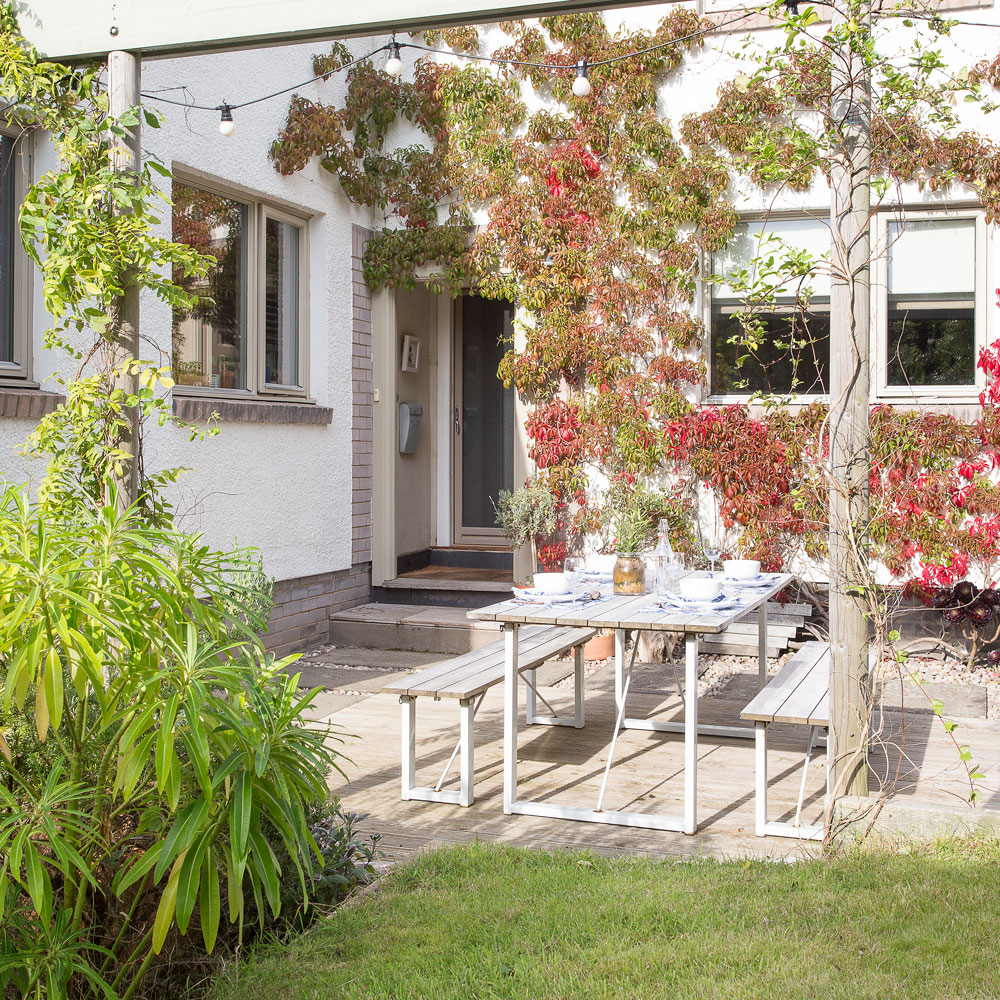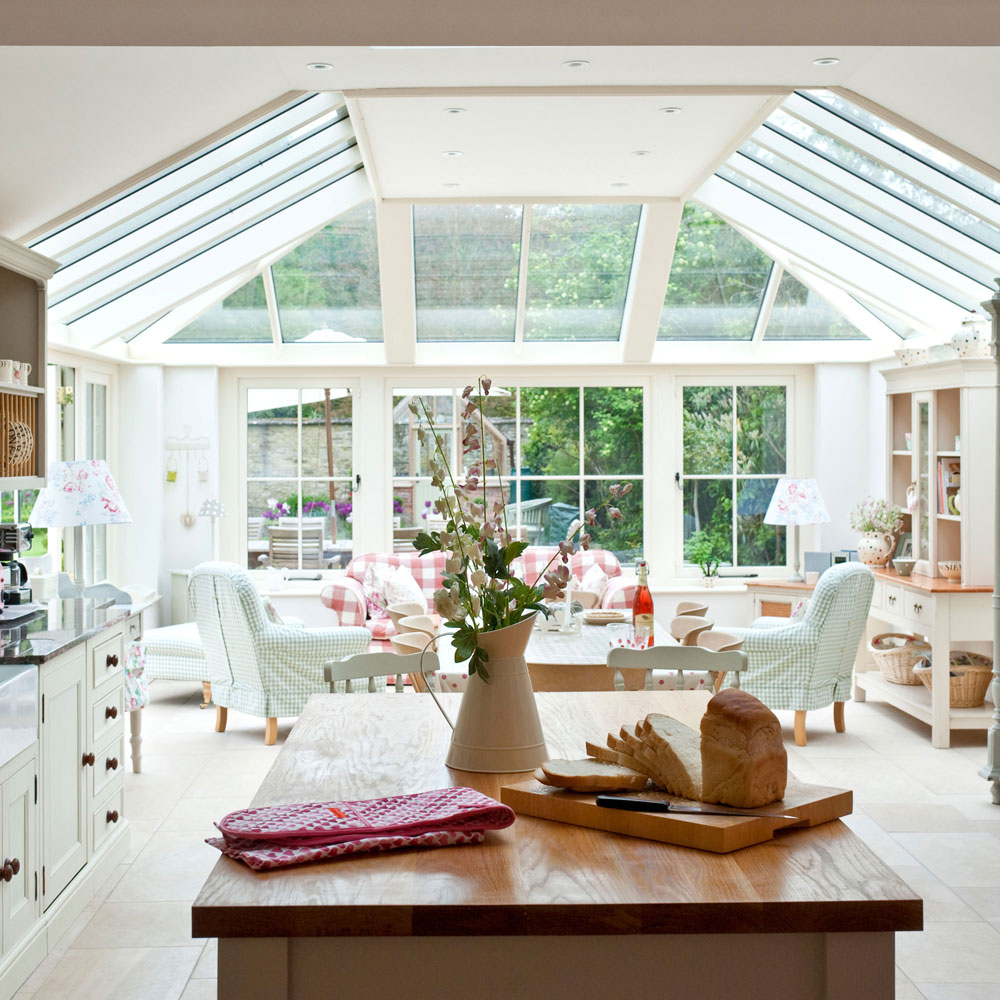The £10 pint – and other examples of what things would cost if they rose at the same pace as house price inflation
This is how unaffordable everyday items would be if they increased in price at the same rate as UK property
Sign up to our newsletter for style inspiration, real homes, project and garden advice and shopping know-how
You are now subscribed
Your newsletter sign-up was successful
A tenner for a pint, anyone? It sounds unimaginable, but that's how much a pint of ale would cost you if the price of beer had been increasing at the same rate as house prices over the last 50 years.
It's not that we need in-depth property advice to know that house prices have grown at an unsustainable pace in recent decades, but recent research by Atom bank puts this astronomical house price growth into a fascinating new perspective. House price inflation has outpaced general inflation by almost four times in the UK. If this was the case for consumer goods – and our wages – we would be seeing very different prices as normal in 2021.

The £1,448 duvet and the £90k average salary
Yes, this is how much a regular double duvet would cost in 2021 if duvets had increased in price at the same rate as house prices over the past half-century – £1,448. Now that's food for thought. The average gallon of petrol would cost us £19.73, compared to the current £5 average. Even the cost of basic food items would be huge – nearly £10 per kilo of bananas, for example. Currently, an average pack of five bananas weighing in at around 900 grams costs around £1.
However, if our wages had kept pace with house price inflation, perhaps these prices wouldn't seem quite so shocking. The average salary in 1971 stood at £1,664, and, back then, you would've needed an average of three times this salary saved up to buy a house. Things couldn't be more different now – the average UK salary of £29,600 requires house buyers to save over eight times that amount to be able to buy a home. Had our salaries increased at the same rate as house prices, the average Briton would be earning £96,579, a figure currently out of reach for the majority of people.

These figures put into stark perspective just how expensive houses in the UK have become – a situation that has worsened considerably during the Covid pandemic, with housing supply scarce, which has driven up prices to record highs. Paul Elliot, Head of Mortgages, at Atom bank, is hopeful that at least 'as the stamp duty holiday peters out, the initial urgency that was present will naturally slow, leading to a reduction in the unprecedented growth experienced.' Fingers crossed.
Sign up to our newsletter for style inspiration, real homes, project and garden advice and shopping know-how
Anna Cottrell is Consumer Editor across Future's home brands. She moved to the world of interiors from academic research in the field of English Literature and photography. She is the author of London Writing of the 1930s and has a passion for contemporary home decor and gardening.